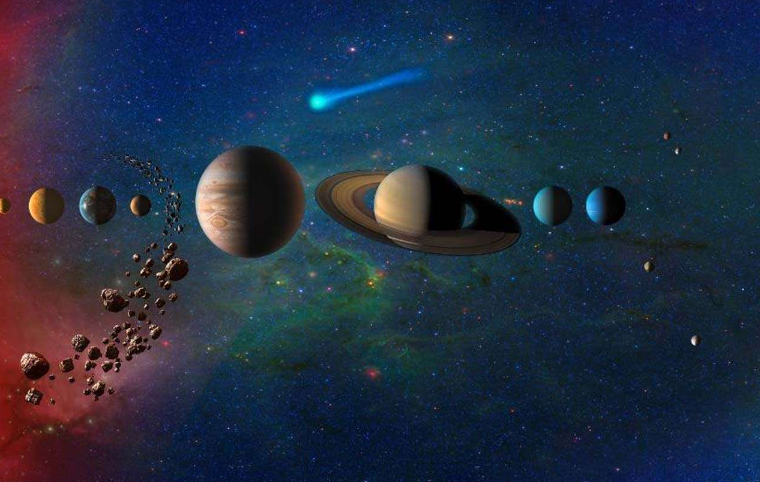The year 2020 had 28 shortest days, which means that these days were shorter than the usual 24 hours. Scientists have revealed that planet Earth is spinning faster than it was in the last 50 years. The shortest day on Earth was recorded on July 19, 2020. It was 1.4602 milliseconds shorter than 24 hours. The planet’s speed of rotation varies due to global warming, ocean currents, atmospheric pressure, and movement of the core. Such variation in the rotation speed causes inconvenience to international timekeepers. They use around 200 ultra- accurate atomic clocks to measure Coordinated Universal Time (UTC), by which people around the world set their clocks. The UTC needs to be adjusted if the time taken by Earth for a full rotation varies from UTC by more than 0.4 seconds. In such a situation, Leap second (adjustment of time) is added to keep the atomic time aligned with the rotation time. However, this time, due to such unusual changes, the scientists are contemplating on deleting a second from time, meaning, ‘negative leap second’ to align the atomic time and rotation of Earth.


